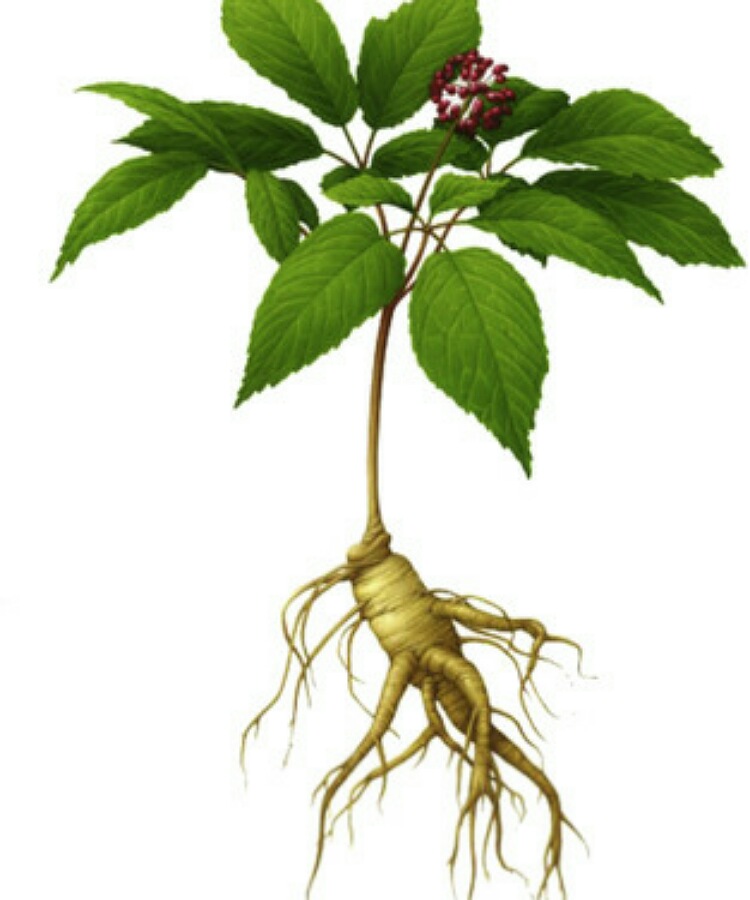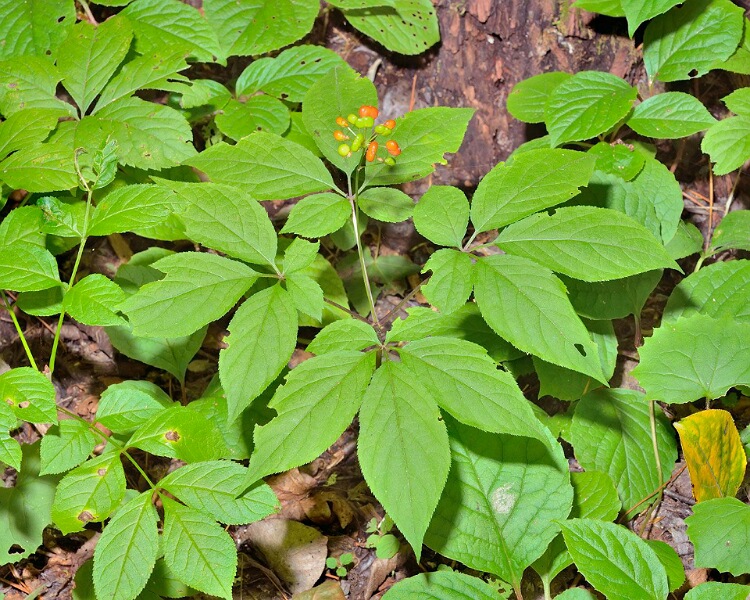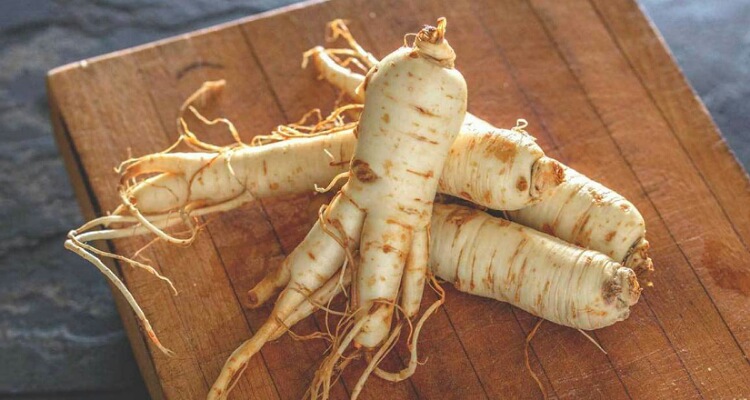Ginseng is the root of a plant that belongs to the genus Panax. It is an integral part of Chinese traditional medicine for centuries.
But there is no scientific backing to the claims put forth by Chinese therapists. The USA has not listed it as an approved drug for a prescription. But people use them as dietary supplements.
Ginseng: China and beyond
Ginseng is in use in China since ancient times for its claims as a medicine. Chinese therapists prescribe it for various ailments. It is the root of a plant that is in the genus called Panax.
There are Korean, Chinese, and American plants. They contain active phytochemicals called ginsenosides and gintonin.

Wild ginseng grows naturally in the mountains. But due to overharvesting, it is now near extinction. It is more expensive than the cultivated type. The latter are planted by humans on the hills and later harvested.
The processing can be fresh (non-dried, raw), white (sun-dried and peeled), and red (peeled, steamed, and dried). The red type is sometimes marinated in a herbal brew that makes the root brittle.
Koreans have been using this root in their foods and soups as well as in beverages.
There are claims of the root has medicinal properties and hence is of use in overcoming memory faults, fatigue, menopausal symptoms, and diabetes of the mild type. Research on it is limited and not of high-quality.
Nutritional values
The roots as well as the leaves and stem of the plant have a lot of phytochemicals which are steroid saponins such as ginsenosides and gin tonics. These are supposed to provide the claimed health benefits.
One teaspoonful of this compound has 1.6 calories. Carbs are 0.4 grams whereas there are no fats or proteins in them. Potassium is 8.3 mg and sodium is just 0.3 mg. It has some minerals such as iron and also vitamin C in it.

There are minute amounts of Vitamin B1, B2, folic acid, and B12 as well in these roots. Moreover, they have the phytochemicals mentioned above that are the active substances responsible for the claimed benefits.
The ginseng available in the form of dietary supplements might have the presence of certain toxic metals in it.
Besides this contamination, there are some fillers of wheat and rice in it. This has caused concern and people need to be cautious about using them without a prescription.
Read more: Alcohol hangovers: are home and commercial remedies effective?
Health benefit claims
Ginseng advocates state that it has antioxidant and anti-inflammatory properties. In vitro studies have shown that the extract of this root does reduce inflammation and the antioxidant capacity of the studied cells is increased.
Clinical studies have shown that it reduces the levels of inflammatory markers in the blood in those who consume it. Some studies have revealed that it has a positive effect on brain function, memory, behavior, and mood.
But in the studies, it was seen that the action ceased after 8 weeks despite continuous use. Hence the positive effect might be short-lived.

Certain studies have shown that it holds promise in the treatment of erectile dysfunction. This probably acts via the release of nitric oxide that relaxes the muscles of the penis and improves blood circulation in the organ.
It boosts immune function. Some small-scale studies have shown that it enhances the effect of vaccinations against diseases.
There are additional claims that it can reduce the risk of certain cancers. It is said to improve the health of cancer patients on chemotherapy.
Some state that this medicine can improve energy levels and overcome fatigue. It reduces blood sugar levels and improves insulin response in the body.
Fermented red ginseng is said to be more effective than the other varieties in this action. However, all of these studies though promising are small-scale studies. More detailed and extensive research would help to establish its role in therapy.
